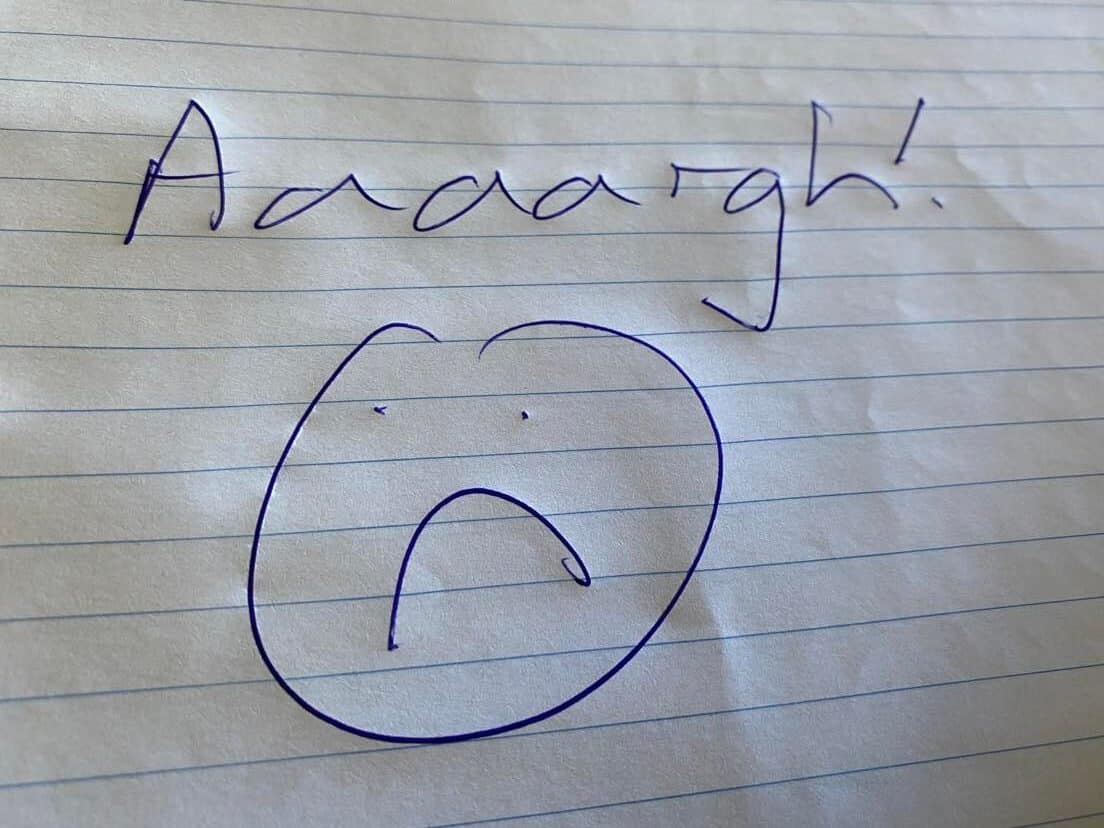‘I have nothing to write about.’
- Posted by James Knight
- Categories Blog, Educators, Secondary
- Date

Some of the most frequent comments (and frequently asked questions) that Crack-A-Story gets from secondary school students are these sources of much torment:
‘I don’t know what to write about’…’I’ve got nothing to write about…’ ‘What do I write about?’
Unfortunately, there are no wand-waving solutions, but here are some things that may help you.
Over the years, many famous writers, including Ernest Hemingway and Mark Twain, have said it helps to ‘write what you know.’ That means, you pick a subject that you are familiar with. When you do this, you already have a ‘bank’ of information that you can use. However, that isn’t always the case. Sometimes all you need is just one spark from your imagination. Having an ‘object’ can provide a good starting point. It may be a footy, a painting, an old watch, a childhood toy…anything at all. Remember to apply ‘Who, What, Where, Why, When, and How.’ And absorb yourself in the object by using your senses. What does it feel like? How heavy is it? Does it smell?…
Of course, an object isn’t the only way to possibly find a spark. A simple walk outside the classroom may do that, or you might visit your favourite place, or go somewhere new and different. Take your time to soak in what’s around you. Embrace what you find. Don’t be distant from it.
Talking with and listening to people is another good way to ignite story ideas. For example, I don’t know how many times I’ve sat on trains and scribbled down ideas after overhearing conversations.
Even if you try some or all of the above methods, you may still not come up with ideas, but on other occasions you might fill that bank of information so full that its doors won’t close!
It might take time for you to digest all that information in some sort of order. Then again, sometimes it is good just to let yourself write without having any fixed plans. This can help steer and consolidate your ideas. Just start with one sentence and see where it leads you. Remember, writing is an inexact craft. There is no definitive way to do it. As with many pursuits in life, you need some trial-and-error experiences to help you understand what works for you. Be patient with yourself. And don’t beat yourself up. If you have the time, forget about trying to write at all; I know that can be difficult—if not impossible—in a classroom, but there are times when you might be able to do this. Forcing yourself to write can be so very challenging, and it often leads to pressure you don’t need. If it helps, chat with your teacher about this.
Finally, when it does come time to write, it certainly helps if you are comfortable in your surrounds. Maybe you can create your own writing space? Yet again, this might require some trial and error. But that’s part of the writing process.
If you are stuck for ideas right now, I feel for you. It ain’t the best place to be. But don’t give up. Take a deep breath and understand that all the greatest writers and storytellers in history have been in your position. It’s part of the writing journey. Please, keep trying. We need your voice to be heard.
Tag:#Blog, #Educators, #Secondary
James is the founder of Crack-A-Story. He is an author, journalist, television producer and educator.
